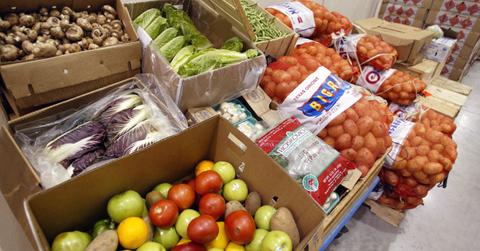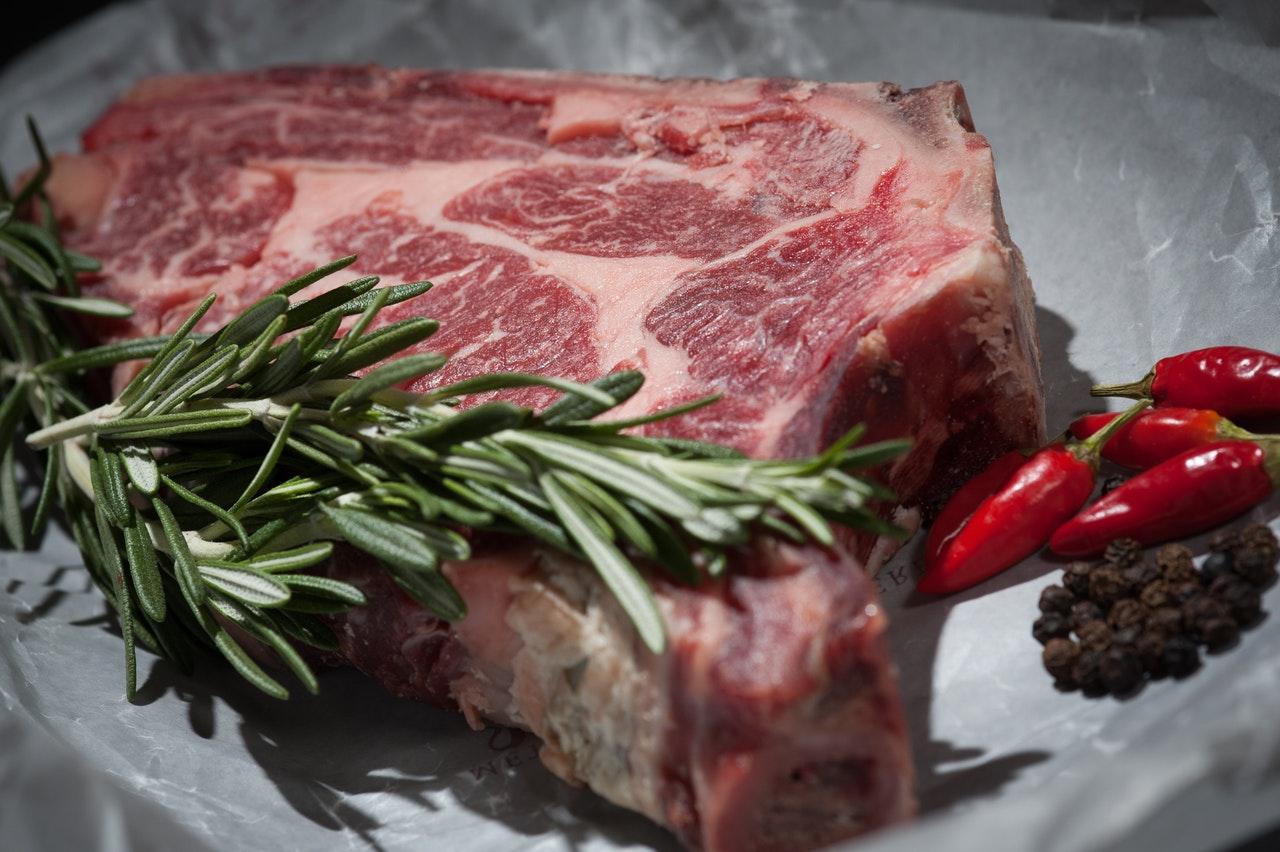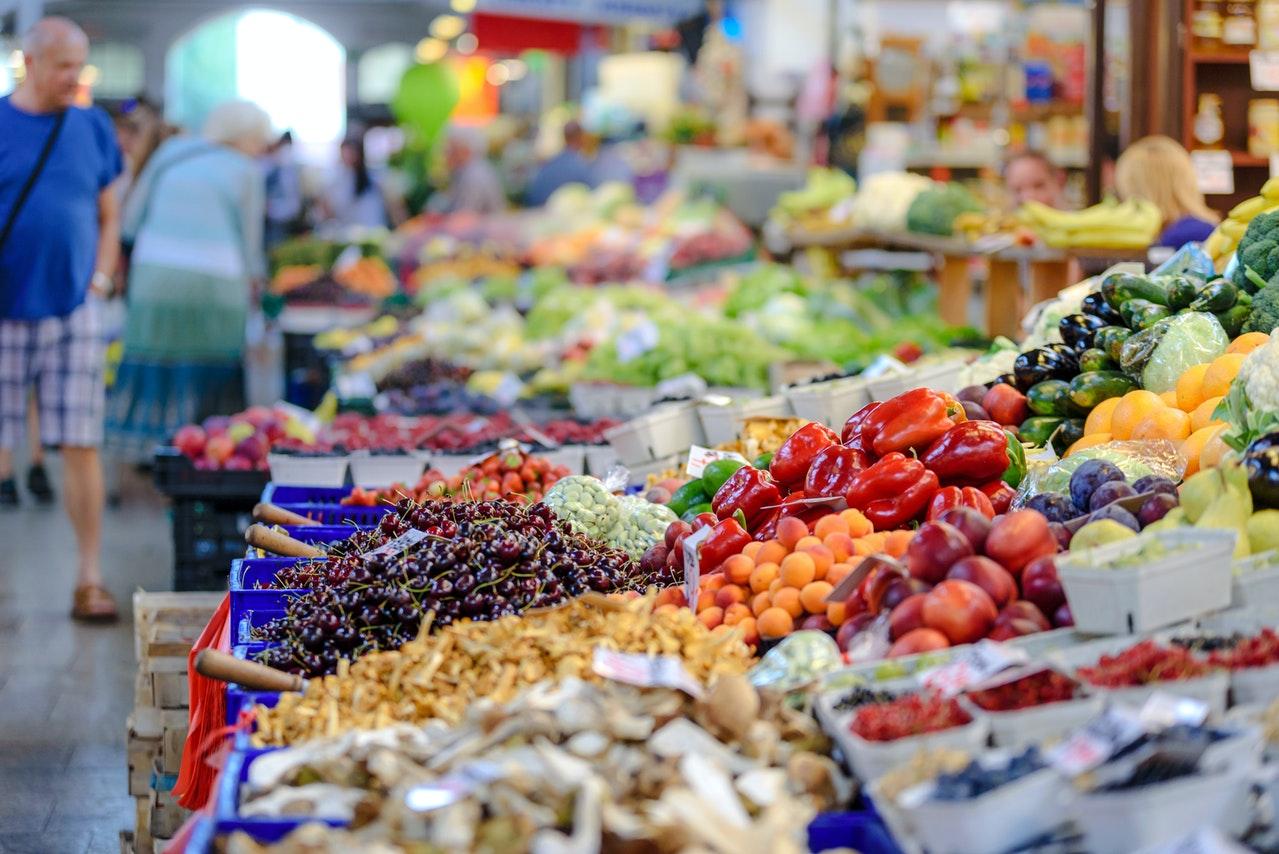Food Shortage Is Real Even Though Things Aren't That Bleak in the U.S.
Some see the food shortage as planned while others think the concerns are overblown. Is the food shortage real in 2022? What can the U.S. expect?
June 8 2022, Published 9:16 a.m. ET
Globally, there are concerns about a food shortage. The United Nations has said multiple times that a food crisis is coming. Even U.S. President Joe Biden has warned of a “real” food shortage.
Some think the food shortage is planned and a conspiracy. Others think that fears of a food shortage are overblown. They point out that shortages of food products like chips and chili sauces aren't food shortages in a strict sense. Is the food shortage real and will the U.S. face one in 2022?
Various food products have been in short supply.
Some food products have been in a short supply in the U.S. (for example, baby formula). Even the White House had to take cognizance of the formula shortage and announce measures to increase the supply.
Then there have been intermittent shortages of eggs and meat. There have also been seasonal shortages and consumers found it hard to buy eggs ahead of Easter and some turkey sizes ahead of Thanksgiving. Even chicken wings were hard to find around the Super Bowl.
The out-of-stock rate for food and beverages is running above historical averages and is also higher than the overall consumer packaged goods shortages. Some of the packaged food products like Funyuns and Hot Cheetos were reported to be in short supply. More recently, Sriracha chili sauce experienced a shortage.
There isn't a nationwide food shortage in the U.S.
Currently, there isn't a nationwide shortage of food products in the U.S. except for baby formula. The baby formula supply should improve as soon as Abbott restarts its plant and imported formula arrives in the country.
According to the U.S. Department of Agriculture, “There are currently no nationwide shortages of food, although in some cases the inventory of certain foods at your grocery store might be temporarily low before stores can restock.” The Department of Agriculture has maintained its stock answer even though consumers across the U.S. have complained of shortages of different food products.
The fears of a food shortage in the U.S. look overblown.
The fears of a widespread food shortage in the U.S. look overblown for multiple reasons. First, the country doesn't import many food products from Ukraine whose supplies have been impacted after the Russian invasion. Also, the U.S. is the world’s largest food exporter and even after netting record exports and imports in 2021, it was a net food exporter.
The country’s key exports include corn, soybeans, pork, and beef. China is the largest importer of food products from the U.S. Canada, Mexico, and South Korea are among the other major buyers of U.S. food products. Horticulture products, which include fruits and vegetables, account for over half of U.S. food imports.
The U.S. might not see a real food shortage because it can import more food even at the current inflated prices.
There is a global food shortage.
That said, some developing countries like Afghanistan, Sri Lanka, and Pakistan, as well as several African countries, are facing a severe food shortage. The shortage is primarily because these countries lack the financial resources to import food amid soaring prices.
Also, high food prices have pushed some people into poverty in emerging countries. They're struggling to buy enough food.
Countries like Japan, which rely on imported food products, have been hit by global supply chain issues. Fast-food chains in the country had to ration french fries amid the severe potato shortage.
Overall, while the world, including parts of Europe that rely on Ukrainian food exports, might be staring at a food shortage, U.S. consumers should be able to dodge a major food shortage in 2022. Some food products will be in short supply in the U.S. but there won't be widespread issues.
The food shortage situation in the U.S. looks manageable.
The overall food shortage situation in the U.S. isn't dire and consumers should be able to cope with some flexibility. There are alternate brands and products available amid most packaged food product shortages. Also, staples are mostly well supplied across the U.S. as the country is among the major grain producers and exporters.
However, if inflation isn't tamed soon and food prices continue to climb, vulnerable populations in the U.S. might face food insecurity. Inflation is already hurting the monthly budgets of average U.S. households and unabated inflation might lead to food insecurity for some low-income households.



